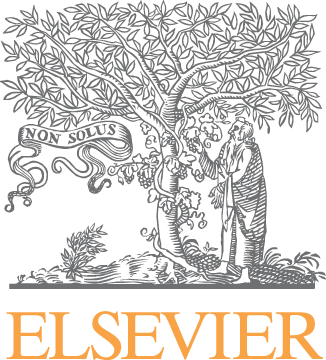Wednesday, May 27. 2015
In Defence of Elsevier
Trackbacks
Trackback specific URI for this entry
No Trackbacks
Comments
Display comments as
(Linear | Threaded)
Stevan, I disagree.
You write "If Elsevier did that [agree to immediate CC-BY], I could immediately start up a rival free-riding publishing operation and sell all Elsevier articles immediately at cut rate, for any purpose at all that I could get people to pay for. Elsevier could no longer make a penny from selling the content it invested in."
Surely you could do that. And you can do that right now with all articles from BiomedCentral, PLoS, WileyOpen, ... You are actually not doing it because no one would pay for something that is available for free. The same would be true for all deposited Elsevier articles. They are for free. And if you can find them in a repository then everybody can find them. Your shop sign would read "Very cheap Elsevier articles. Alas, only those are available that can be found free of charge in the web." That's no business model.
And no, there are significant reasons why CC-BY is preferrable. http://oaspa.org/why-cc-by/
Bestr regards,
Bernhard
You write "If Elsevier did that [agree to immediate CC-BY], I could immediately start up a rival free-riding publishing operation and sell all Elsevier articles immediately at cut rate, for any purpose at all that I could get people to pay for. Elsevier could no longer make a penny from selling the content it invested in."
Surely you could do that. And you can do that right now with all articles from BiomedCentral, PLoS, WileyOpen, ... You are actually not doing it because no one would pay for something that is available for free. The same would be true for all deposited Elsevier articles. They are for free. And if you can find them in a repository then everybody can find them. Your shop sign would read "Very cheap Elsevier articles. Alas, only those are available that can be found free of charge in the web." That's no business model.
And no, there are significant reasons why CC-BY is preferrable. http://oaspa.org/why-cc-by/
Bestr regards,
Bernhard
EnablingOpenScholarship (EOS)
Quicksearch
Materials You Are Invited To Use To Promote OA Self-Archiving:
Videos:
audio WOS
Wizards of OA -
audio U Indiana
Scientometrics -
The American Scientist Open Access Forum has been chronicling and often directing the course of progress in providing Open Access to Universities' Peer-Reviewed Research Articles since its inception in the US in 1998 by the American Scientist, published by the Sigma Xi Society.
The American Scientist Open Access Forum has been chronicling and often directing the course of progress in providing Open Access to Universities' Peer-Reviewed Research Articles since its inception in the US in 1998 by the American Scientist, published by the Sigma Xi Society.
The Forum is largely for policy-makers at universities, research institutions and research funding agencies worldwide who are interested in institutional Open Acess Provision policy. (It is not a general discussion group for serials, pricing or publishing issues: it is specifically focussed on institutional Open Acess policy.)
You can sign on to the Forum here.
Archives
Calendar
|
|
May '21 | |||||
| Mon | Tue | Wed | Thu | Fri | Sat | Sun |
| 1 | 2 | |||||
| 3 | 4 | 5 | 6 | 7 | 8 | 9 |
| 10 | 11 | 12 | 13 | 14 | 15 | 16 |
| 17 | 18 | 19 | 20 | 21 | 22 | 23 |
| 24 | 25 | 26 | 27 | 28 | 29 | 30 |
| 31 | ||||||
Categories
Blog Administration
Statistics
Last entry: 2018-09-14 13:27
1129 entries written
238 comments have been made
 I beg the OA community to remain reasonable and realistic.
I beg the OA community to remain reasonable and realistic.

